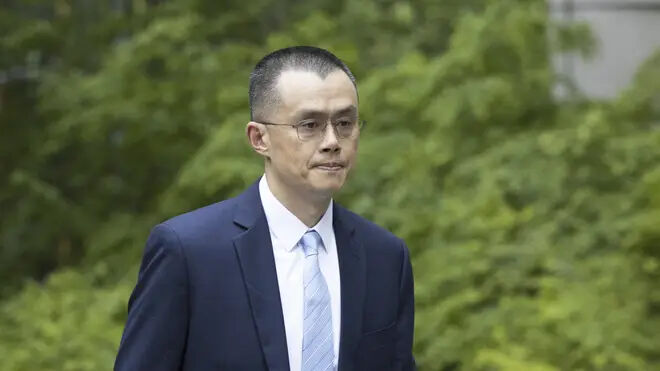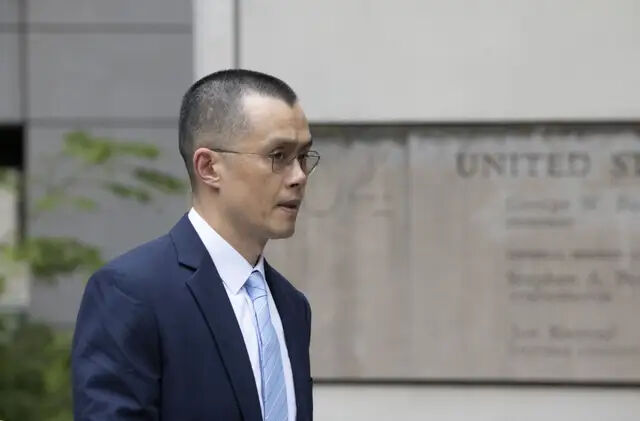Changpeng Zhao Sentenced for Lax Anti-Money Laundering Controls at Binance
Changpeng Zhao, the former CEO of Binance, the world’s largest cryptocurrency exchange, has been sentenced to four months in prison for failing to implement adequate anti-money laundering measures. This decision marks a significant moment in the regulation of the cryptocurrency industry.
Zhao pleaded guilty in November to one count of failing to establish necessary anti-money laundering safeguards at Binance. His guilty plea came as part of a broader settlement in which Binance agreed to pay $4.3 billion to resolve related allegations. This legal action underscores the U.S. government's commitment to enforcing financial regulations in the cryptocurrency sector.
During his sentencing, Zhao expressed deep regret for his oversight, acknowledging his role in the regulatory failures at Binance. "I deeply regret my failure, and I am sorry," Zhao stated, addressing the court and the broader public affected by his actions.
U.S. prosecutors argued for a three-year prison term, emphasizing the need for a custodial sentence to reflect the severity of the offenses and to deter similar violations in the future. They highlighted that Zhao’s actions allowed for transactions supporting various illegal activities, including child sex abuse and terrorism. On the other hand, Zhao’s defense argued for no prison time, citing his cooperation with U.S. authorities and efforts to rectify compliance issues at Binance before his resignation.
Before stepping down, Zhao initiated changes to enhance Binance’s compliance with banking transparency regulations, aiming to transform Binance into a model of regulatory compliance. He stressed that these improvements were significant, though he regretted not implementing them sooner.
The sentence comes at a time when the cryptocurrency industry is facing increased scrutiny and regulatory challenges globally. Notably, the industry has experienced several high-profile scandals, including the collapse of FTX, another major crypto exchange. These events have intensified calls for clearer and more stringent regulatory frameworks to govern the burgeoning sector.
Changpeng Zhao’s sentencing serves as a watershed in the ongoing effort to ensure that cryptocurrency platforms operate within legal and ethical boundaries. As regulators continue to tighten oversight, the industry is expected to undergo significant transformations to align with global financial regulations. This case will likely influence how other platforms conduct their operations and implement necessary compliance measures.



